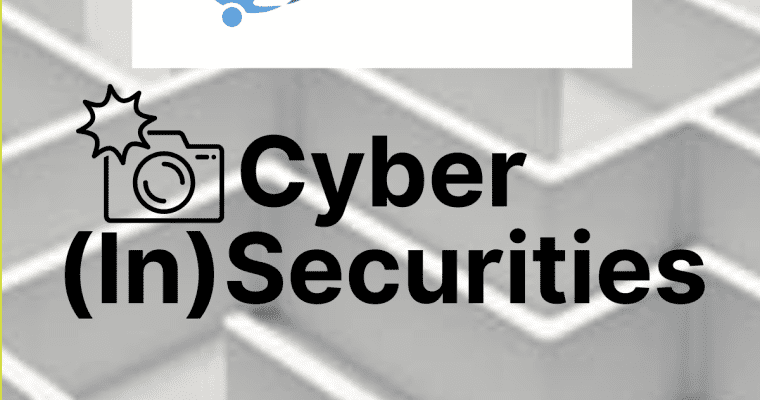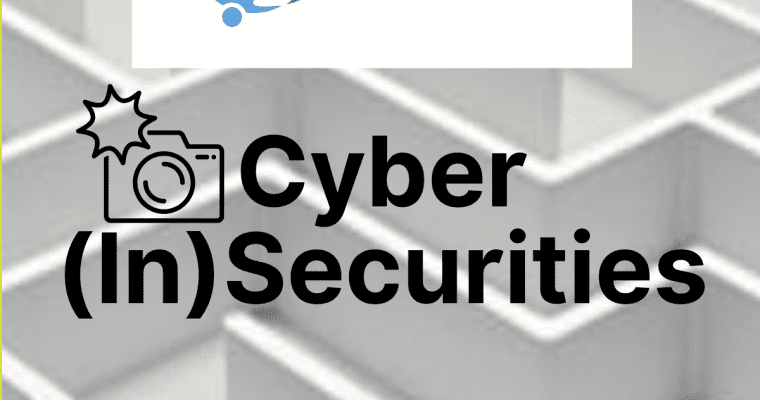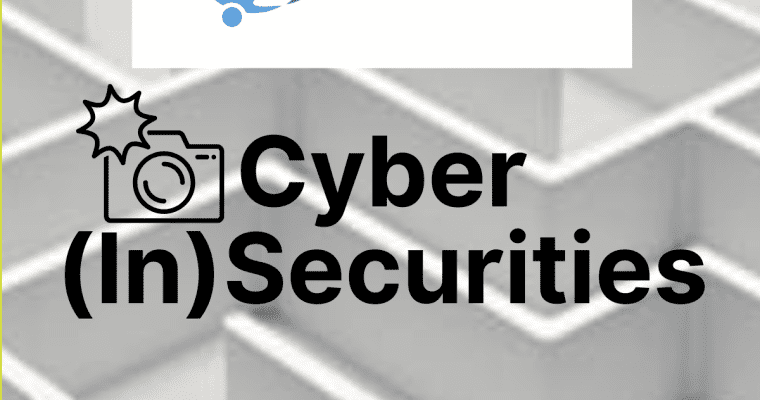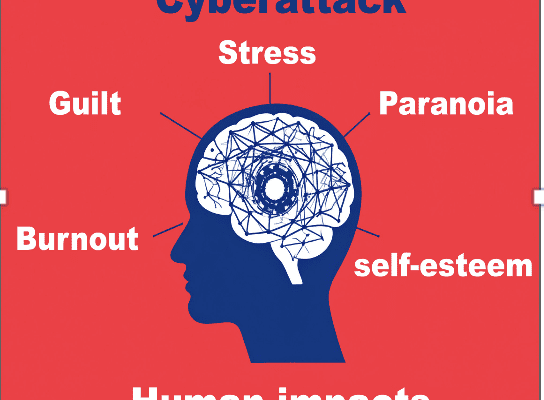“What happens to Heroes?” 🎬 Episode 9 – When it all falls apart, some stand up for others by Didier Annet
Who are the Heroes ? This installment, number nine, explores the rapid transformation that occurs when ordinary employees suddenly become heroes, taking on rescue roles following a devastating cyberattack. What I will call the “Heroes” “I had to stay calm. Show that everything was okay. …







